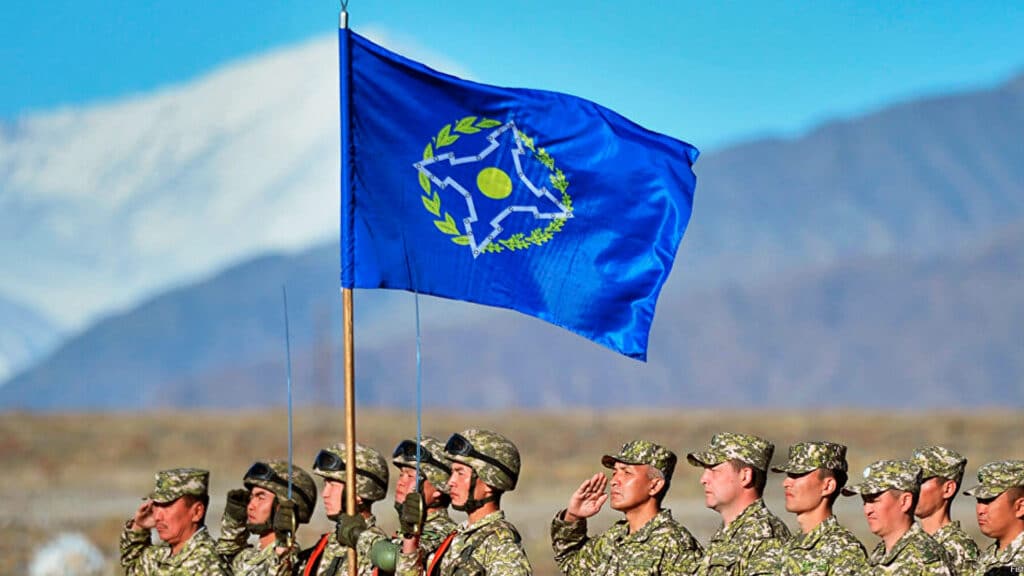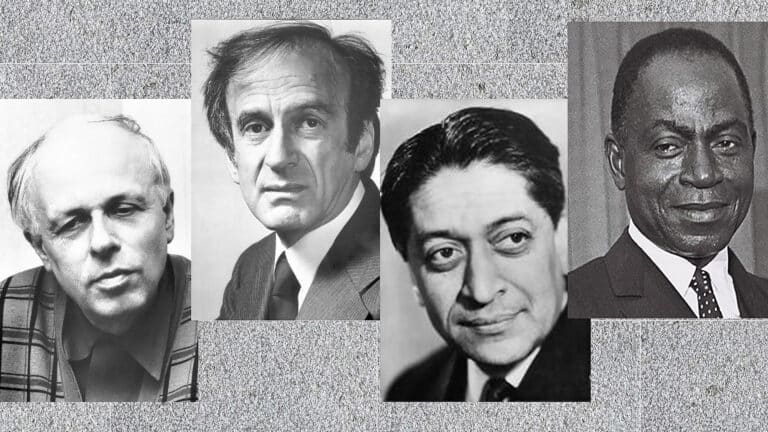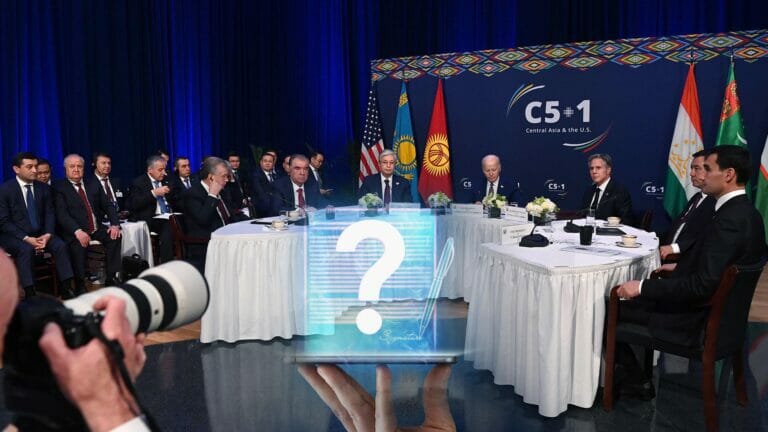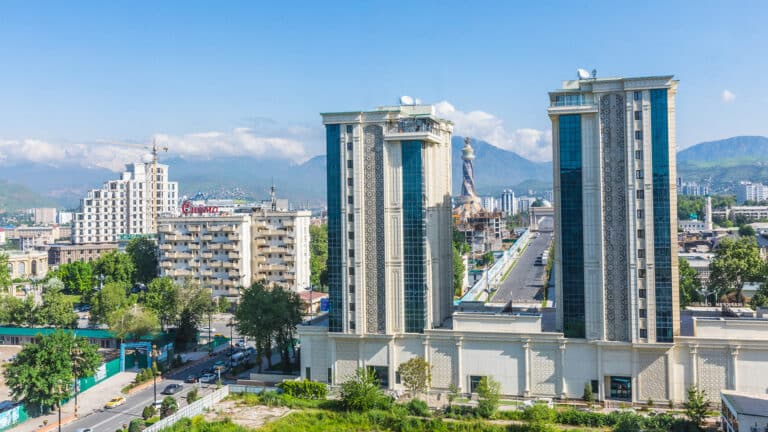
The Ministry of Defense of Kazakhstan has prepared a draft regulation proposing that President Kassym-Jomart Tokayev revise two key agreements with the Collective Security Treaty Organization (CSTO). The proposal seeks to strengthen coordination between the military forces of member states during emergencies. Both documents have been published on the http://legalacts.egov.kz website.
The first agreement focuses on cooperation between CSTO member states regarding troop and equipment transportation. The document outlines common procedures for troop movement and transit during force majeure circumstances and crises.
The proposal introduces new standards for information exchange in the event of a failure or catastrophe, and it outlines procedures for transit through countries that are not CSTO members.
For example, the ministry aims to reduce the approval time frame for such transportation. Furthermore, the Kazakhstani military suggests that CSTO troops should be allowed to use airfields, equipment, security services and parking areas for free, with the cost of refueling aircraft covered by either the transit or receiving country.
Additionally, the CSTO member state would be able to issue special permits for using their airspace within a twelve-month period.
According to the document, each party to the agreement must file transportation requests 30 days in advance and submit a list of soldiers’ names ten days before their deployment. These requests must be reviewed within 15 days, and permits with appropriate numbers must be issued five days before the start of troop transportation.
In cases of invasion, emergencies or disasters, the transportation of humanitarian aid must be approved within a day after the CSTO Collective Security Council makes the relevant decision. If air transportation is required, requests must be sent immediately and approved within a day.
The amended agreement also introduces new terms such as «crisis situation,» «providing humanitarian aid,» «aeronautical data and information» and «airfield and technical support.»
The second protocol on the CSTO command status updates the terminology of the agreement, adding terms like «national guard,» «internal troops,» «force command» (the body responsible for commanding collective forces), «certain freight» and «personnel dispatched to serve in force command.»
During a force majeure event, such as an invasion, a country requesting assistance must inform other member states in writing within three days, providing all necessary details.
If a force majeure event occurs during transportation, all interested parties must be notified immediately. The same procedures apply when unforeseen events come to an end.
Furthermore, the document states that the CSTO force command would take responsibility for any military unit once it crosses the state border of the receiving country. Decisions about troop deployment, tasks, composition and their locations must be made by the Collective Security Council. In October, Kazakhstan hosted the military exercise “Indestructible Brotherhood – 2024,” with the participation of troops from Belarus, Kyrgyzstan, Russia and Tajikistan.













